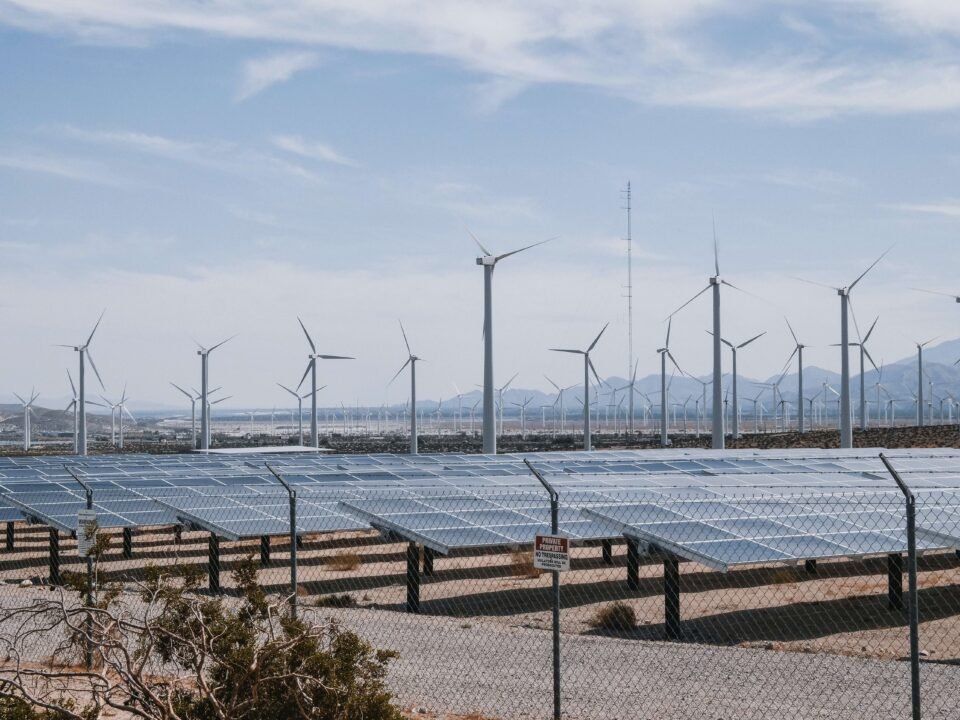Solar energy is the energy radiated by the Sun which is then converted into electricity by solar
panels. Over the past decade, the importance of solar panels has risen as global warming and
climate change continue to increase and fossil fuels go scarce.
However, still today not every household contains solar panels. One of the main reasons for this is cost. Installing a solar panel itself is a big expense. So what does the government do to
resolve this issue? What are the cost measures that governments take to ensure lower costs of solar panels? Can solar panels become cost-effective? Read more to find out.
The Cost-Effective Aspect of Solar Energy
Over a decade ago, solar panels cost around Rs.540. Today, it costs anywhere between 40 to 50 thousand rupees. As technology has advanced, solar panels have become more efficient which has led to higher demand for solar panels and an increase in the prices of solar panels.
However, in a short period, India has become a cheaper producer of solar power compared
with other countries (such as the US, and China).
Harnessing solar energy is the best possible solution to all the issues related to global warming and greenhouse gases. It is a great alternative to non-renewable energy sources as it can be harnessed effectively and is available in abundance. However, the general public fails to capitalize on this aspect as the availability of solar panels is not made accessible to the masses. Moreover, the cost of purchasing the panels has increased more than ten-fold over the past decade. What are the solutions that the government is working with?
Cost-Effective Solutions and Strategies offered by the Government of India
The Indian government has taken steps to ensure the consistent growth of the solar industry.
To lower the cost of solar panels, governments have also introduced subsidies and different
schemes. Subsidies are financial help or grants given by the government. For example, the
government pays a 30% subsidy to the solar panel industry to reduce the prices of solar panels.
The government has taken many initiatives such as any customer can install solar panels from any supplier and after installing they will send a picture of the solar panel installment to the nearest electricity board. Schemes such as channel partners benefit an employee by trying to work with customers and the government for the process of customers gaining subsidies easily.
Concluding Thoughts – Final Overview
To sum up, solar panels may be cost-effective as the government continues to consistently take initiatives by providing subsidies and different schemes in the long run. However today, they still seem to be not cost-effective.
To know more about how cost-effective solar panels are, visit Alfa Infraprop. Alfa Infraprop is a firm that owns and operates utility-scale grid-interactive Solar PV Power Plants. With the help and assistance of professional companies such as Alfa Infraprop, the vision of making solar panels accessible to all is now a reality.




